
Recognizing Clinical Trials Day: How major advances in medicine happen
When stakes are high, clinical trials rise to the challenge to keep moving medicine forward.

Rural patients who identify as Black experience higher rates of death and amputation from diabetic foot ulcer
Rural patients who identify as Black are at sharply increased risk of death or leg amputation due to diabetic foot ulcers, according to a new study from the University of Wisconsin School of Medicine and Public Health that analyzed national data on patient outcomes.

Study finds reducing maternal blood pressure leads to better birth outcomes
A large study of more than 2,400 pregnant women found that treating mildly elevated blood pressure reduces preterm births and preeclampsia, a high blood pressure condition that threatens the lives of mothers and babies.

Endowment allows expansion of integrative health program
A $5.5 million award from the Bernard Osher Foundation will allow UW Health and the UW School of Medicine and Public Health to bring integrative health to a broader swath of the community.

Cancer Center Cessation Initiative launches new effort to help cancer patients quit smoking
It’s well documented that smoking can lead to cancer. But in recent years, evidence has been mounting that continuing to smoke during cancer treatment can be just as harmful, or even worse.
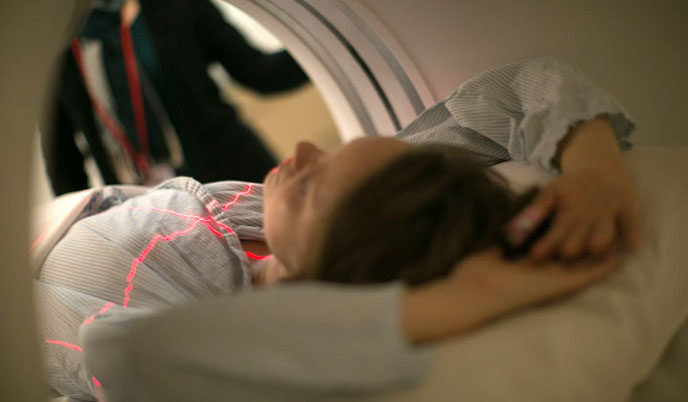
Access to Medicare increases lung cancer screening rates
If lung cancer is caught early enough, it’s treatable with a high chance of long survival. But many people at high risk because of their smoking history aren’t screened until they turn 65 and are eligible for Medicare coverage.
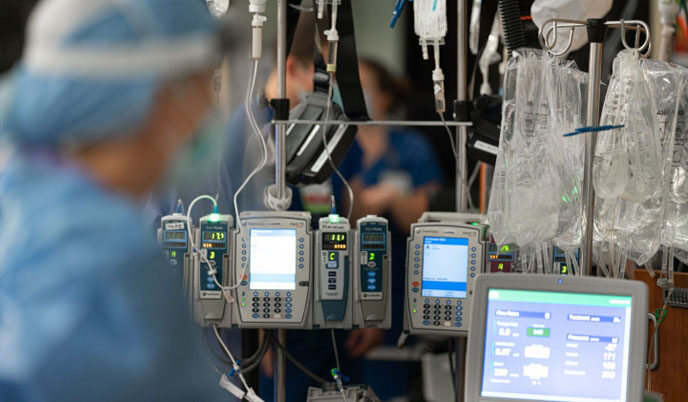
Hospital socioeconomic status, strain may increase death rate among ICU patients with COVID-19
Researchers at the University of Wisconsin School of Medicine and Public Health used hospital data from patients with COVID-19 admitted to intensive care units across the nation to identify factors linked to higher mortality rates within 28 days of admission.

Alan Bridges shares his perspective as a veteran and medical leader of Madison’s VA hospital
Alan Bridges, MD, is a professor of medicine and serves as the chief of staff at the William S. Middleton Memorial Veterans Hospital in Madison. A veteran himself, he came to the University of Wisconsin in 1984 for a residency in internal medicine and fellowship in rheumatology.
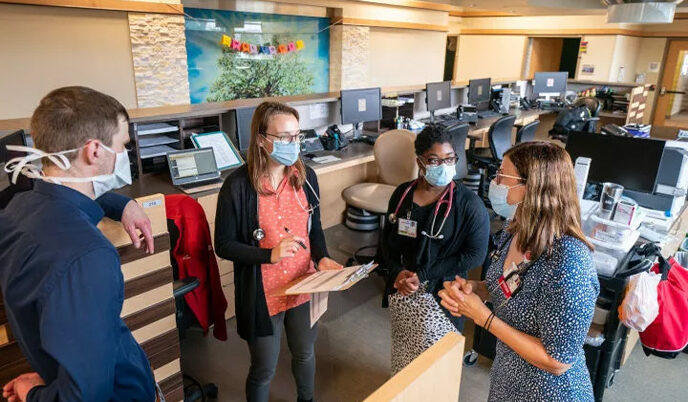
Free clinic run by medical students celebrates 30th year unlike any other
The University of Wisconsin School of Medicine and Public Health’s student-run free community clinic system, MEDiC, was poised to enter its 30th year in 2021 reflecting on its past. Instead, the COVID-19 pandemic forced organizers and students to reimagine its future.
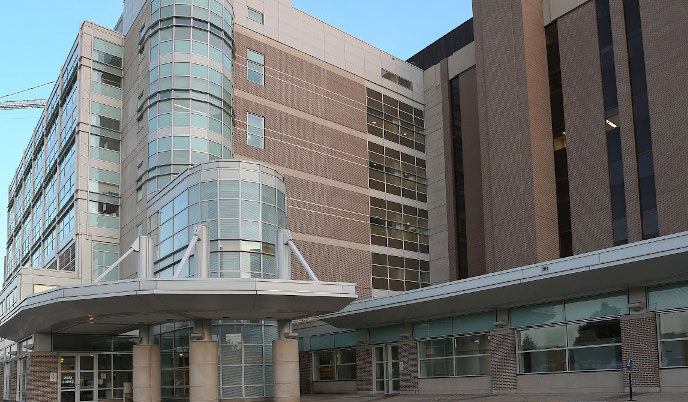
Innovative UW Undiagnosed Genetic Disease Clinic seeks to identify rare genetic conditions
The UW Center for Human Genomics and Precision Medicine at the UW School of Medicine and Public Health recently opened its first patient clinic, the UW Undiagnosed Genetic Disease Clinic, which is for people with undiagnosed genetic diseases, creating a vital local hub in a global community of experts dedicated to solving medical mysteries with state of the art technologies for people whose conditions remain undiagnosed despite an extensive prior clinical workup.
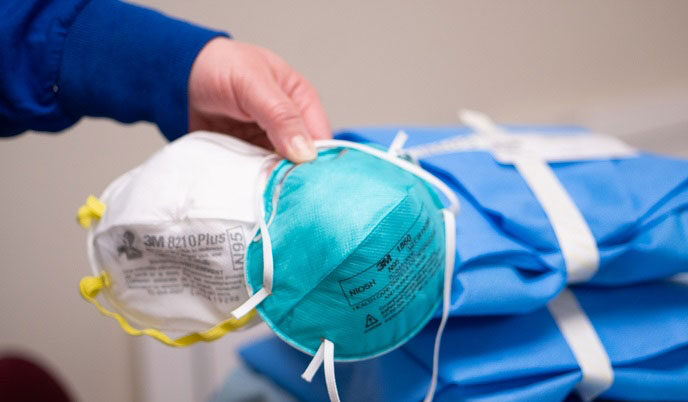
Future of public health: Masks will be here to stay
From clinical settings to factory floors, masks may have a place in society for some time to come.

UW researchers focus on boosting colorectal cancer screening rates in rural areas
Researchers at UW Carbone Cancer Center are working to understand why some primary care clinics in rural locations have successfully attained high rates of colorectal cancer screenings, insight they hope will help raise the rates of colorectal cancer screenings across all rural clinics.